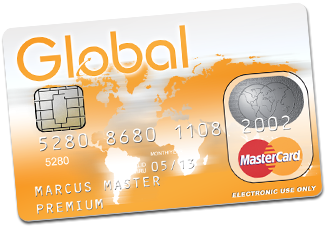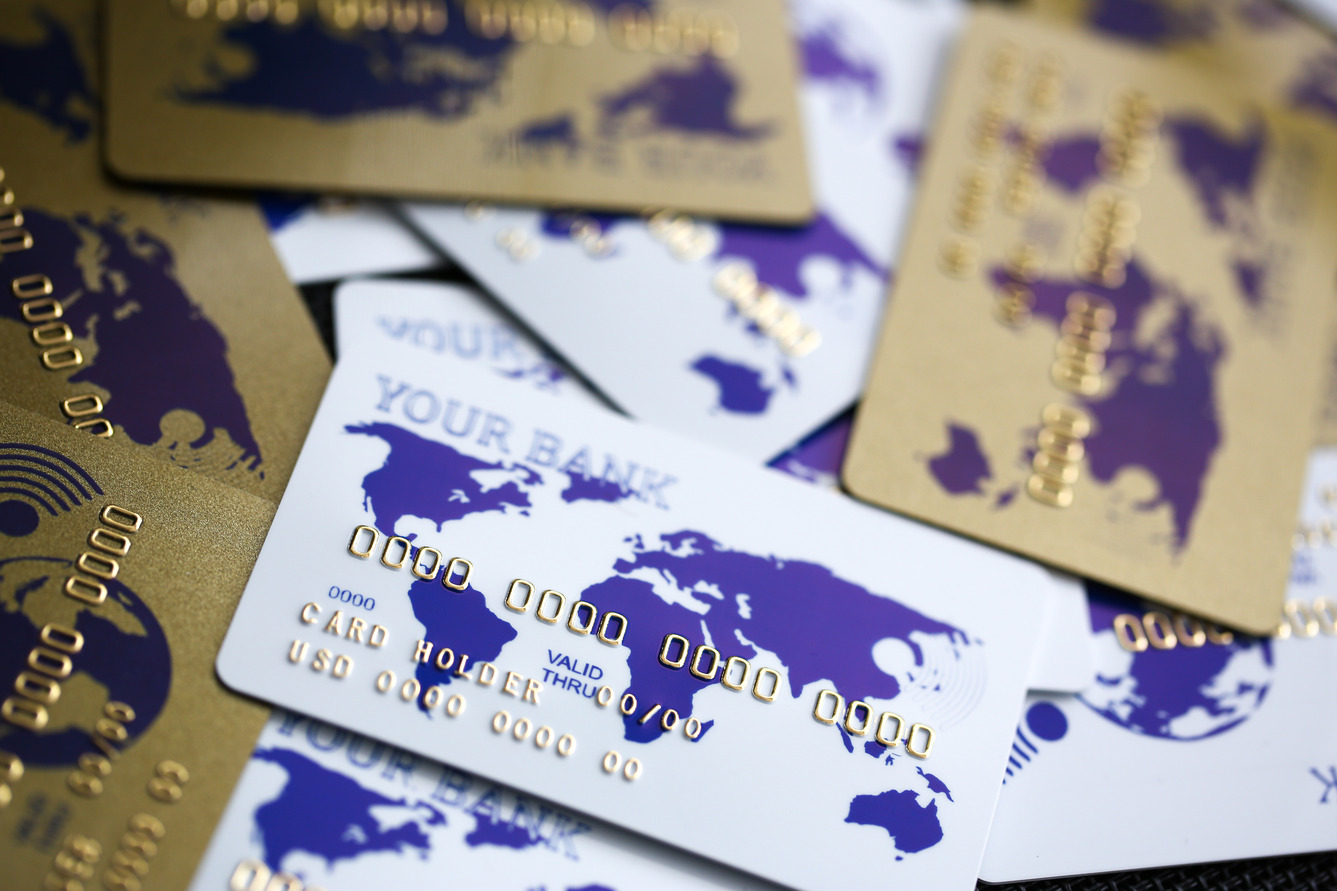International Blog Post Edition: Singles Day & MasterCard’s Global Liability
There’s a “quickening” at year’s end, with all the preparations, travels, gatherings, and, of course, sales and transactions that mark the season, and much of the particular corner of it that we cover here for MasterCard’s global liability. So we have lots of “strands” to weave into an early holiday narrative for you, about immediate trends for the holiday season, and what may lay beyond it for the new year.
Singles Day: An Early Cyber Monday
First, as we go to press, we’re in the middle of “Singles Day,” that “11/11” calendar date that was originally a lucky day for meeting other singles in China (the series of “1’s” signalling the availability of the unattached singles), and which has since become an early “Cyber Monday,” thanks to global retailer AliBaba. Halfway through, Reuters is reporting that “Alibaba Group Holding Ltd’s total value of goods transacted during its Singles’ Day shopping festival was $14.32 billion… in all, the figure for this year’s Singles’ Day is up 60 percent from 2014.”
Those results so far are “preliminary and unaudited,” but it’s worth noting that “of the total value of transactions, 68 percent was through orders from mobile devices.” Whether these numbers remain a harbinger for strong holiday sales overall remains to be seen, but the use of mobile devices certainly show how networked the idea of “shopping” is, and will remain.
MasterCard’s Global Liability
And as the world stays wired, Pymnts.com reports that MasterCard has announced the company will “make global its promise that consumers and small businesses are freed from having to worry about the risk and the burden of what happens in the event of unauthorized transactions.”
“The goal,” in other words, “is to bring structure and uniformity to what is now a patchwork of liability rules that varies by region, types of transaction or, in some cases, both.”
Ensuring Consumers’ Confidence and Trust
The card company is hoping to shore up “consumers’ confidence and trust… to a new level by addressing the growing number of concerns surrounding data security and liability when the unexpected happens.”
Upgrading to EMV Standard
Of course, that liability will still fall on merchants, here in the U.S., who have not upgraded to an EMV standard yet, so if you haven’t done that ahead of the busy holiday shopping season, the time is now!
The Effectiveness of Chip-and-PIN
As Business Travel News explains, “chip cards, regardless of whether they’re authorized with a signature or a personal identification number, or PIN, are said to reduce such fraud. The PCI Security Standards Council states that the chip produces a one-of-a-kind transaction code for every purchase, making it impossible for counterfeit cards to replicate. If an individual skims a card and tries to reuse the unique code, the system will flag the transaction as suspicious.
Considering Chip-and-PIN for Reducing Fraud
The article asks whether chip-and-PIN, rather than the “chip-and-sig” standard in use now, would be more effective for reducing fraud in transactions, especially here in the U.S. in the midst of the migration to the new standards.
Some networks may still require the use of Chip-and-PIN, but the final decision lies with card issuers who consider the impact on their cardholders’ experience and convenience. Each bank has the autonomy to make this determination, taking various factors into account. ‘If [the bank’s] portfolio tends to be a lot of debit cards, people are used to entering pins. If [the bank] has a lot of credit cards, maybe people are more comfortable signing,’” according to another MasterCard spokesperson.
“‘The recommendation from MasterCard, and all the card networks, was to take a look at your business and your risk for fraud, think about the experience you want the cardholders to have, then you decide,’ the spokesperson said. ‘It’s not up to us to mandate what’s the best thing for cardholders, but it’s up to us to keep the U.S. ecosystem secure.’”
Secure Your Ecosystem
Is your ecosystem as secure as it can be? Is it as diverse as it might be, in terms of the types of customer payments you’re accepting?
Contact your AVPS Rep for a little “eco-maintenance,” then. It’s the right time of year, after all, for “greening” your business!








